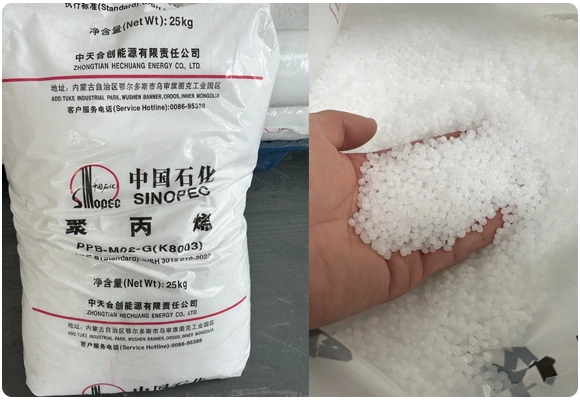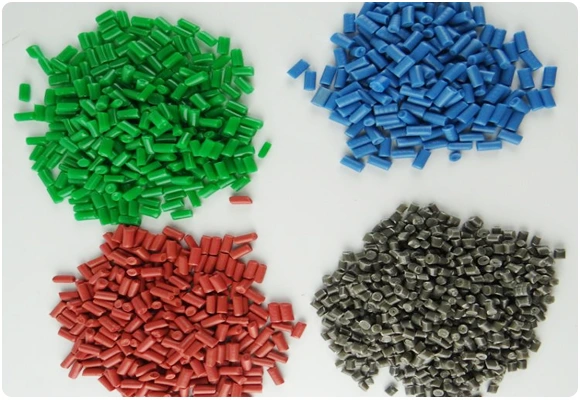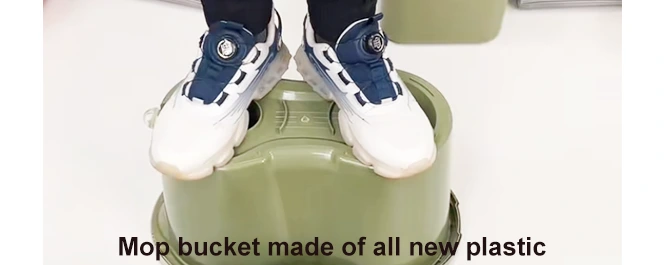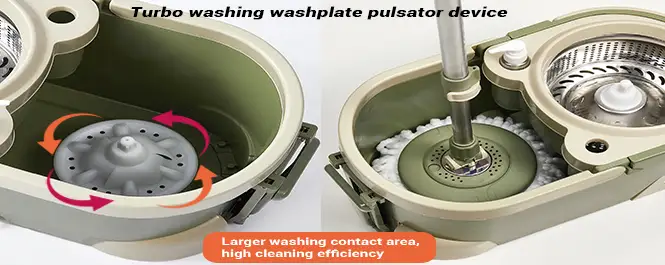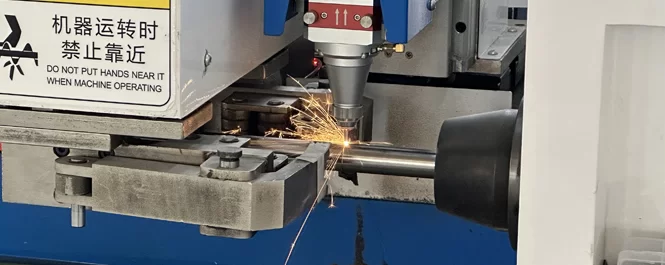“OR”
Household cleaning mop products differ from ordinary household items in that they need to withstand continuous force to complete cleaning tasks. Therefore, their practicality and durability are of utmost importance. We acknowledge that recycled plastic has been applied in many industries and fields and possesses certain environmental attributes,and recycled plastic can significantly reduce production costs. However, industry experience tells us that the properties of recycled plastic are not suitable for producing high-quality household mop products. We always prioritize the practicality of the product and the health of the user above all else. Therefore, unless specified by customer requests(We have great respect for our customers who have an environmentally friendly recycling philosophy ), we defaultly use virgin plastic to produce every plastic component of the mop, which may include PP, ABS, PET, PA, POM, and other types of plastic.
Virgin plastic has the following advantages:
1. Stable quality: New polypropylene plastic has consistent chemical and physical properties, ensuring the stability of product quality during mop manufacturing.
2. Excellent performance: New polypropylene plastic typically exhibits better mechanical properties, abrasion resistance, and durability, allowing the manufactured mop to maintain good condition for a longer period.
3. Strong plasticity: New polypropylene plastic is easy to process into various shapes and sizes of components, allowing for more flexible design and manufacturing of various parts of the mop to enhance product performance and appearance.
Disadvantages of using recycled plastic for producing cleaning mop products may include:
1. Unstable quality: Recycled polypropylene plastic may be influenced by external factors such as impurities and aging, leading to unstable quality of the manufactured mop and potential performance issues.
2. Performance degradation: Recycled polypropylene plastic may experience performance degradation due to repeated use or processing, resulting in reduced strength and abrasion resistance, which can affect the mop’s lifespan and effectiveness.
3. Poor plasticity: Recycled polypropylene plastic may contain various impurities or uneven components, resulting in poorer plasticity and processing performance, leading to less accurate or stable components of the manufactured mop.
Greenpeace warns, Recycled plastic might be more toxic. Furthermore, long-term use of household products produced with recycled plastic may have potential health implications, depending on the presence of pollutants and additives in the recycled plastic and their release in the finished products. Potential impacts include the release of harmful substances, volatile organic compounds (VOCs), the release of degradable substances, and microplastic pollution, which could affect human health adversely over time.

